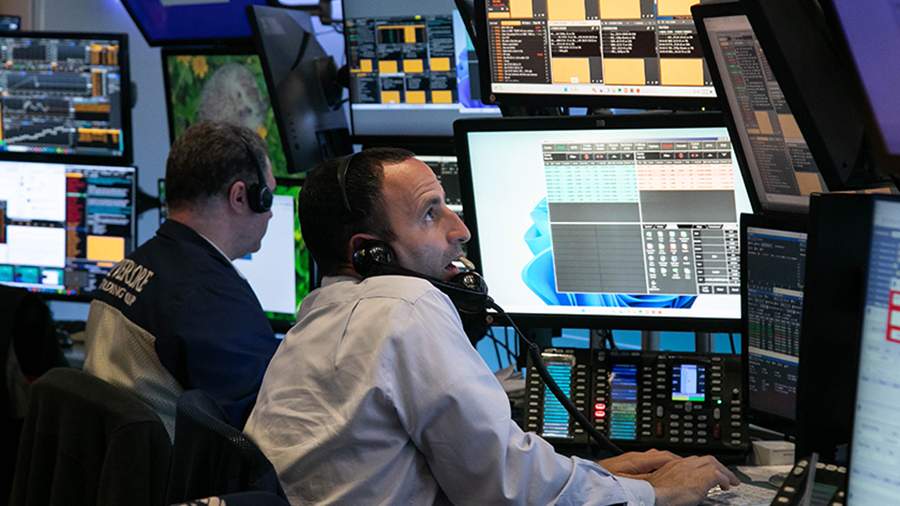Experts explained the reasons for the collapse of the US stock market

The US stock market continues to show negative dynamics, causing concern among investors. This is due to a number of factors, including the deterioration of economic forecasts, trade wars and uncertainty in macroeconomic policy, Natalia Malykh, head of the stock analysis department at Finam, and independent expert Andrey Barzota told Izvestia on March 11.
"Amid statements by US President Donald Trump about a possible "transition period" for the economy and the risks of recession, many investment houses such as Morgan Stanley and Goldman Sachs have lowered the country's GDP growth forecasts. We also see that analysts continue to lower their expectations for corporate earnings in the first and second quarters of this year. For example, the forecast for profit growth of S&P 500 companies in the first quarter decreased from 14.3% to 8%, and in the second quarter — from 13.7% to 10.4%," Malykh said.
According to her, doubts about the future of the economy are increasing on stock exchanges, which especially affects stocks that are expensive in terms of multipliers.
"The Nasdaq technology index is falling faster than the S&P 500 and Dow Jones. This also applies to Tesla shares, which were further affected by a deterioration in car supply forecasts and a reduction in the target price by UBS analysts," she explained.
The decline in the indices is due to expectations of the negative effects of trade wars.
"We are talking about the confrontation between the United States and China, where mutual duties can reduce aggregate demand and slow down the growth of gross output, which will especially affect technology companies. It is also important to take into account the US—EU axis, where the imposition of duties may weaken the macroeconomics of both sides and affect the stock prices of global banks," Barzota said.
He added that the collapse may continue until there is clarity about the consequences for the financial performance of companies.
"After a prolonged decline, stocks become more attractive, and their quotes may start to rise amid increased demand," the expert concluded.
Earlier, US President Donald Trump doubled duties on goods from China from 10% to 20% starting from March 4. In turn, China has imposed import duties of 15% on a number of American products since March 10 and imposed export controls on 15 companies.
Natalia Milchakova, a leading analyst at Freedom Finance Global, told Izvestia that China was the best prepared for the "war of duties" and high tariffs on the supply of goods to the United States of America would not affect its economy much.
Переведено сервисом «Яндекс Переводчик»

